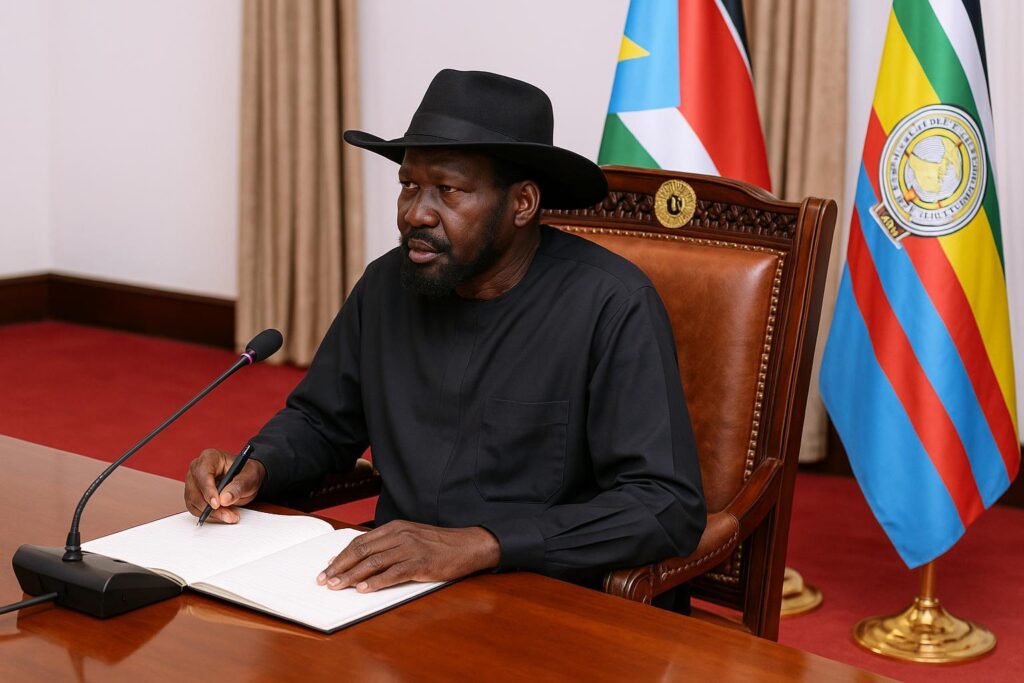New Leadership Takes Oath
Inside the crowded presidential hall in Juba, James Altaib Berapai and his deputy, Justin Joseph Marona, raised their right hands and pledged service before President Salva Kiir.
Kiir reminded them that stability, not ceremony, would define their tenure, stressing that citizens in Yambio, Tambura and Ibba crave safety more than speeches.
Escalating Violence in Western Equatoria
The state has recorded a spike in targeted killings and road ambushes since February, following the dismissal of the previous governor, according to a statement from the Office of the President.
Local activists report that commercial trucks now travel in convoys and villagers keep to their farms only at dawn, illustrating how insecurity is disrupting both trade routes and subsistence agriculture.
Political Unity as Peace Catalyst
Kiir appealed to Western Equatoria politicians currently in Juba to ‘return home and lead by example’, arguing that divided elites often embolden armed spoilers.
Analyst Rebecca Kiden of the Juba-based Sudd Institute says the message signals a shift: ‘The presidency wants local reconciliation rather than distant decrees’.
Clean Water Push Adds Pressure
The swearing-in coincided with the appointment of Water Resources Minister James Mawich Makuach and Deputy Finance Minister Yien Chan Ruei, both told to make safe drinking water a national priority.
Only forty percent of South Sudanese have access to improved water sources, UNICEF estimates; the new team faces funding gaps and logistical hurdles across vast flood-prone terrain.
Cooperation and Expectations
Closing the ceremony, Kiir urged every appointee to ‘work in unity’, a phrase he repeated twice, underscoring that collective credibility will be measured by tangible change on the ground.
Western Equatoria’s new leaders now carry a dual mandate: stem violence swiftly and prove that state institutions can still deliver essential services amid South Sudan’s fragile transition.


